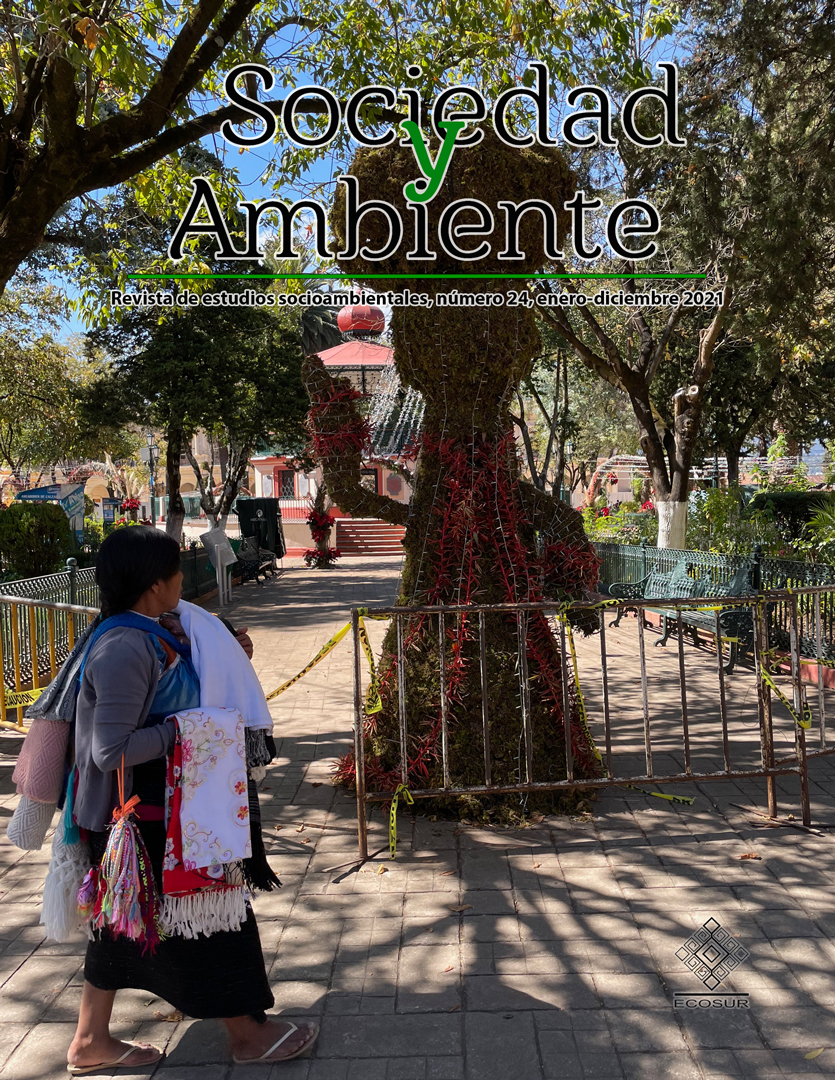Abstract
A large part of the actions defined by government programs for forest conservation lacks a perspective that values the participation of local actors in the preservation of their resources. This article contributes to reflection on the implementation of soil and water conservation actions, based on the case study of the Program for the Environmental Recovery of the Lake Pátzcuaro Basin (PRACLP, by its initials in Spanish) and the identification of perceptions of social actors in the Ichupio micro-basin. Its contribution lies in making the role of perceptions visible as an input for a paradigm shift in the design of proposals to integrate social participation in decision-making processes so that from their planning, these programs start from the concrete realities and local knowledge and forms of organization are valued. Qualitative and quantitative methodological tools were applied. Among the results we obtained, the evidence shows that the actions carried out did not have effective social participation, that the norms of local collective action were not recovered, and that there was no solid monitoring strategy. We conclude that these weaknesses affect the expected results of forest conservation and reduce the opportunities for strengthening local social capital.

Sociedad y Ambiente by ECOSUR is licensed under a Creative Commons Reconocimiento-NoComercial-SinObraDerivada 2.5 México License


